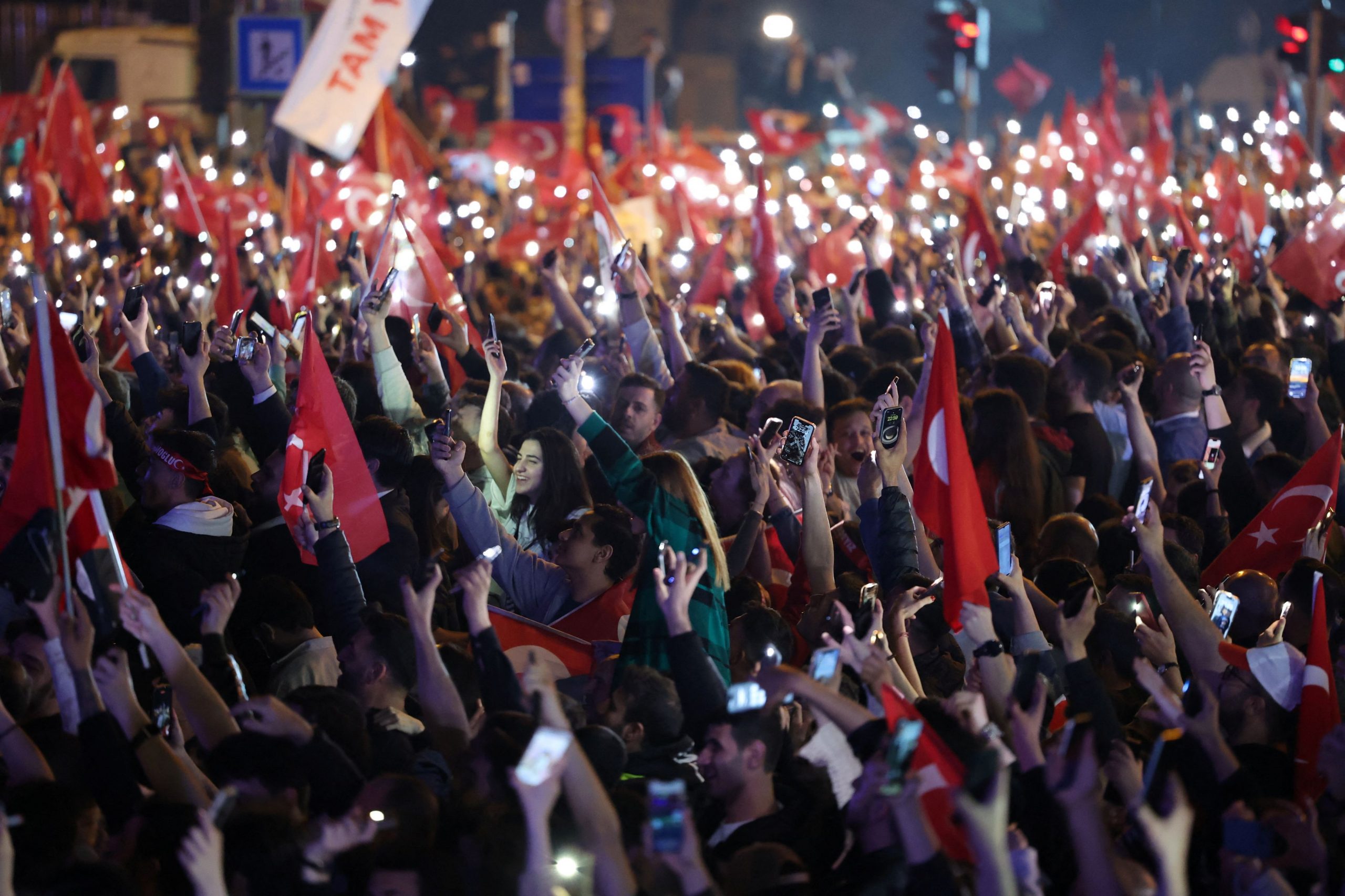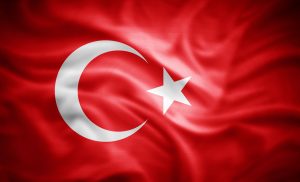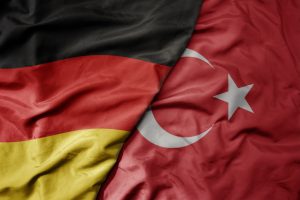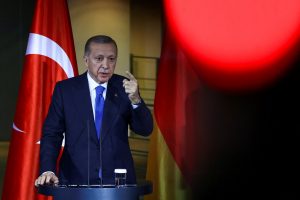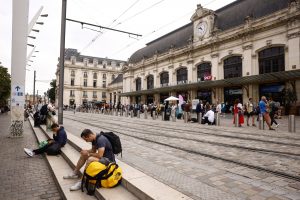Even the winners had not expected such a clear victory. There is absolutely no doubt: the big winners are the opposition forces led by the new and old mayor of Istanbul, Ekrem Imamoglu. The equally clear loser is President Erdogan. He had set all his forces in motion to win the municipal elections and failed sensationally. As Erdogan turned the elections into a referendum on his policies, the outcome is tantamount to a personal humiliation.
There is broad agreement on the reasons for the “political earthquake” – as one Turkish newspaper put it. Above all, the economic problems that have led many Turks into despair have driven voters into the arms of the opposition. The elections were a mass cry of protest against a policy that has led more and more Turks into poverty. The rise of the New Prosperity Party (YRP), which presents itself as a new dynamic force of Islamism, and the tactical voting behavior of many Kurds, whose main concern in the end was to harm Erdogan, are further explanations for the result, which will have a lasting impact on future developments in Turkish domestic and foreign policy.
In the hour of his greatest triumph, Imamoglu announced the end of “one-man rule”, a synonym for Erdogan’s increasingly autocratic reign. Imamoglu has cemented his position as Erdogan’s main political challenger. Political observers are already daring to predict that he will conquer the presidential palace in 2028. What is less speculative is that Imamoglu will form a new center of power that can rely on the control of Istanbul and the reinvigorated Republican People’s Party (CHP).
In the hour of his most serious defeat, Erdogan showed humility, admitted mistakes, and promised that he would respect the democratic vote of the electorate. According to Erdogan, March 31 was not an end, but a “turning point”. What this turning point will look like is the question that is now taking center stage. Much depends on whether the Turkish president sees his remaining four years in office as his last, as he indicated during the election campaign, or whether he is aiming to continue in power beyond 2028, as many of his critics insinuate.
It is not only in Greece that discussions about the foreign policy implications of the Turkish elections are taking place for good reason. On the eve of the election, Erdogan declared that he wanted to “continue the steps to strengthen Turkey’s international role”. This is an announcement that may also meet with approval from his political opponents – i.e. the winners of the election. Much will depend on the means Erdogan uses to achieve this goal.
It can be assumed that he will stick to his strategy of normalization with the neighbors, which also determines Ankara’s relationship with Greece. Improved relations with Athens are a prerequisite for better relations with the West. And these, in turn, are without alternatives to rehabilitate the ailing Turkish economy. In concrete terms, we will therefore see a further revitalization of Ankara’s relations with Washington, Brussels, and Berlin in the coming weeks and months.
The message of the elections goes beyond Erdogan. Turkey is more democratic and secular than the president and his party would like it to be. This is a message that is being noted with satisfaction, especially in the West.
A more democratic and secular Turkey is good for Europe – and therefore also for Greece.
Dr. Ronald Meinardus is a Senior Research Fellow at the Hellenic Foundation for European and Foreign Policy (ELIAMEP).
